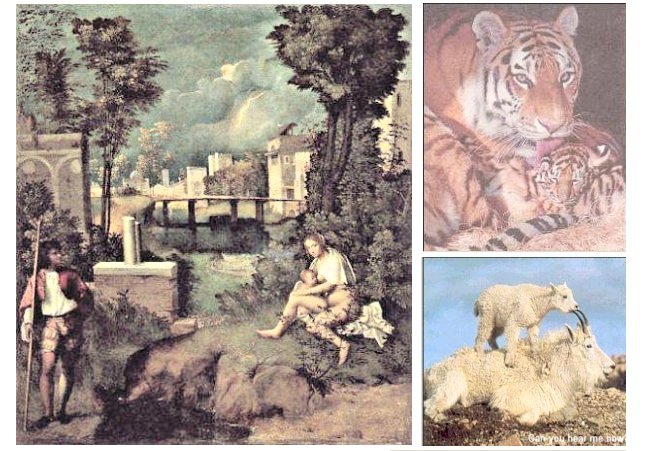CIDPUSA.ORG ❤
Behavior in Brain development
Brachial Plexus and Nerves
Return to neurotransmitter page Nervous System
Contents
Neurons and Nervesneurotransmitter
The Brain & Spinal Cord
Cranial Nerves
Peripheral Nervous System
Autonomic Nervous System
Senses:Eye diagrams,Hearing,Smell,Taste, Taste & Tongue Sensation,Balance
Memory , Memory types, Creation of Memory
Higher Functions
Altered States
The Brain
Baby
mammals are miniature versions of adults, but baby mammals and birds are dependent because of their poor capacity to thermo-regulate, the consequence of their need to devote most their energy to growth. Most mammals solve the problem with maternal care (Figure 03b), shelter, warmth, and milk. In most birds, both parents cooperate to provide food and shelter to their young. The expanded forebrain and parental care provide mechanisms for the extra-genetic transmission of information from one generation to the next. This transmission results from the close contact with parents during infancy, which provides the young with opportunity to observe and learn from their behavior; the expanded forebrain provides an enhanced capacity to store these memories. The expanded forebrain and the observation of parents
 Figure 03b Maternal Care
Figure 03b Maternal Care
[view large image]
are probably necessary for the establishment of successful care giving behavior itself, as the young mature into adults that will in their turn have to serve dependent young. During the period of infant dependency, baby mammals and birds play, behavior that may be essential for the development of the forebrain. The baby's playful interaction with its environment may serve to provide the initial training of the forebrain networks that ultimately will enable the animal to localize, identify, and capture resources in its environment.Please go to the next page Human Brain The Brain & Spinal Cord
The Brain functions illustrated
- Small Fiber neuropathy
- neurological effects of CIDP
- Colostruma
- SLE Home page
- Caveman Diet
- Iodine deficient diet
- Food additives
- No artificial sweetener in diet
- Vinegar Benefits'
- Loss of apetitite
- Breast cancer herbs
- The best lifestyle
- DeTox diet
- Avoid Gum
- Right Fat Diet
- chemicals in French fries
- Hypertension & Kidney Kidney Stones
- Sciatica
- Walnut oil
- Cell death
- Blood injection saves
- ORGANIC CERTIFIED
- Broccoli & Prostate Genes
- Cell death
- Blood injection saves
- Garli Gout
- Myasthenia diet
- cancer survivor
- Tomato as a medicine
- Prevent Osteoporosis
- Some rheumatic disorders
- Polymyositis